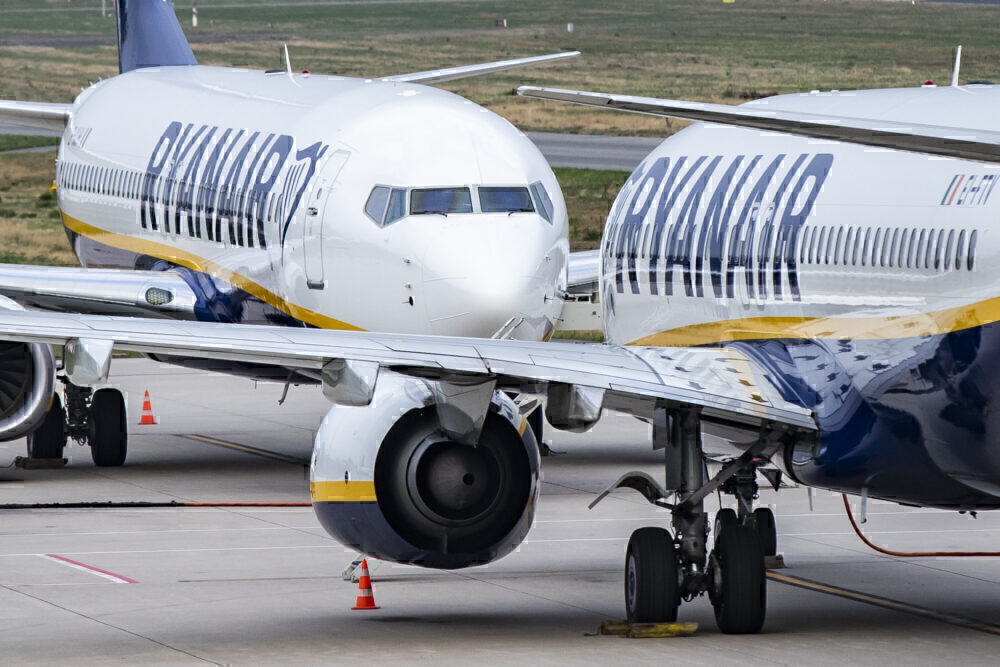For low-cost airlines, ancillary revenue is more than just a pleasant add on. Ultra-low-cost airlines like Ryanair rely on this income stream to offset the low cost of their seats, but with trolley service discontinued, inflight sales have been tricky. Ryanair DAC CEO Eddie Wilson explained how the carrier is turning to smartphone ordering as a potential solution to this problem.

Finding ways to secure ancillary revenue
For low-cost airlines, COVID has presented more than one sort of challenge. Aside from the desperate decline in passenger numbers, low-costs have had to deal with the loss of something even more crucial to their operations – ancillary revenue.
Ryanair, in particular, is known as an airline that frequently sells seats at less than cost value, relying instead on ancillary purchases to make up the difference. With trolley service and inflight catering undesirable at the current time, inflight sales have been difficult to keep up.
Speaking at November’s CAPA Live event, CEO of Ryanair DAC Eddie Wilson explained just how challenging inflight retail had become. He said,
“Inflight retail has been really challenging. That has gone down.”




For Ryanair, simply not selling on board is not an option. In a bid to move forward into the new normal, Wilson revealed that Ryanair is testing out some other ways of selling food, beverages and other items on board. He said,
“We’re looking at some initiatives on board. We are trialling an internal WiFi solution, so you can order from your seats and use your own technology onboard to stop people moving around the cabin as well. So we might see some upside on this.”
Ryanair’s move into smartphone ordering is something that will undoubtedly become a trend across more airlines in the future. We’ve already seen such a service launching on ZIPAIR, and as airline strive to keep contact between crew and passengers to a minimum, other carriers may well follow suit.
Wilson didn’t specify how many Ryanair aircraft are currently offering the facility, or for how long the trail is set to run. Nevertheless, we could see the service rolled out across the Ryanair fleet in months to come.




Stay informed: Sign up for our daily aviation news digest.
Other ancillaries remain resilient
Despite the challenges presented in inflight food and beverage sales, Ryanair’s CEO noted how incredibly resilient the other forms of ancillary revenue have been. Things like seat selection and carry-on bags have remained a high priority for travelers during the pandemic, as Wilson explained,
“Inflight sales have seen a reduction. But the other revenue streams have been remarkably resilient.
“It was remarkable, even on really, really small passenger number volumes during the summer, the relationship between carry-on luggage and priority boarding and seats was remarkably resilient. And we’re seeing some uptake in those, as well, because people now want to know, ‘When am I getting on?’ Some people want to have their bag with them all the time, rather than [it] going in the hold. And people now want to know where they’re going to sit and who they’re going to sit with. So there’s been upside on that.”




So it seems that a potential downturn in ancillary sales in terms of inflight purchases, low-cost airlines are seeing other ancillary sales either maintained or even accelerated under the present conditions. If Ryanair adds smartphone ordering into the mix, it could end up with a very robust ancillary offering to see it through these difficult times.



